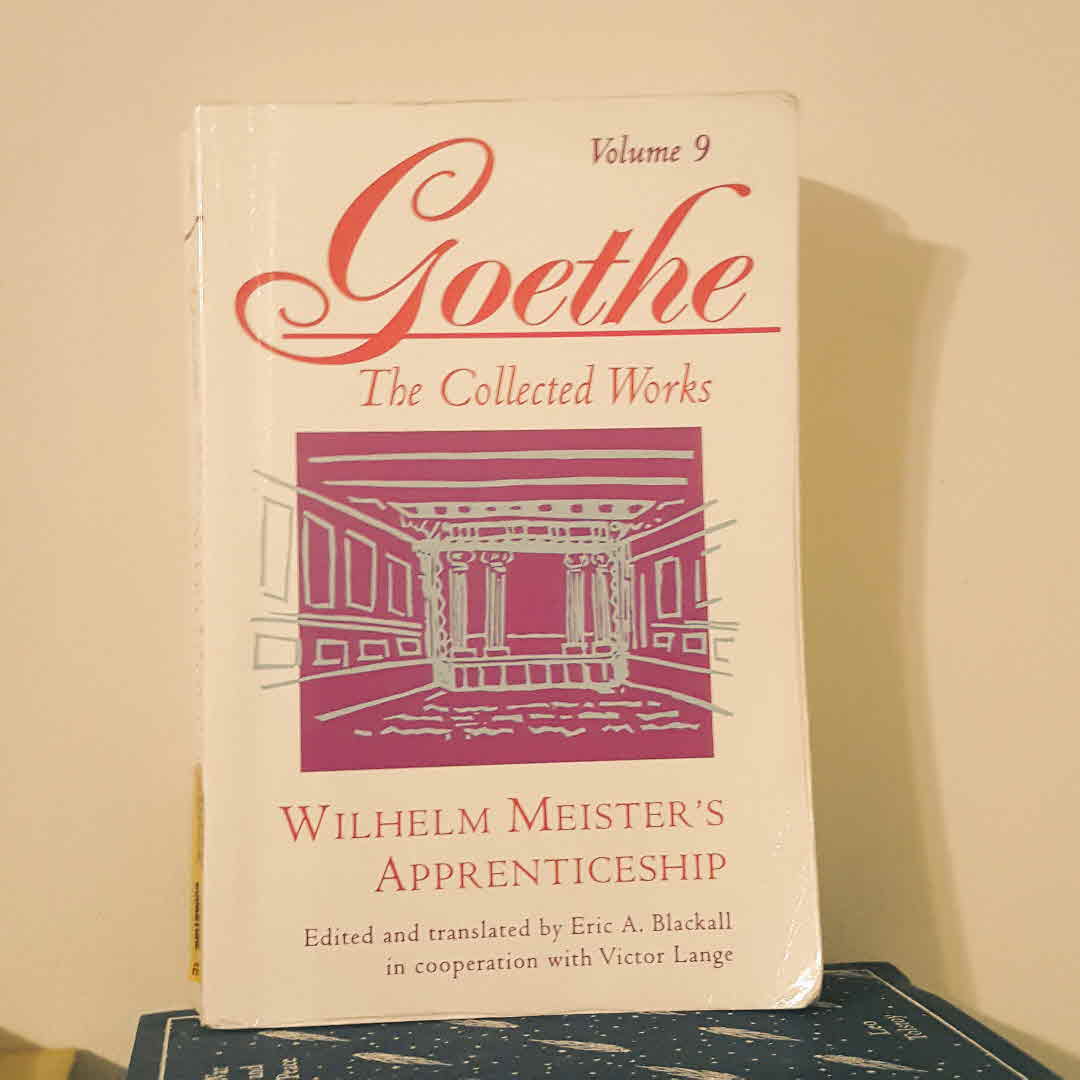
"One ought, every day at least, to hear a little song, read a good poem, see a fine picture, and, if it were possible, to speak a few reasonable words.” — Johann Wolfgang von Goethe — ?

"One ought, every day at least, to hear a little song, read a good poem, see a fine picture, and, if it were possible, to speak a few reasonable words.” — Johann Wolfgang von Goethe — ?

My freshman year of college I took a class that focused on #bildungsroman. It was awesome! And the first book we read for it was Wilhelm Meister's Apprenticeship. It was a really fun way to start off college. #feistyfeb
One ought, every day at least, to hear a little song, read a good poem, see a fine picture, and, if it were possible, to speak a few reasonable words.